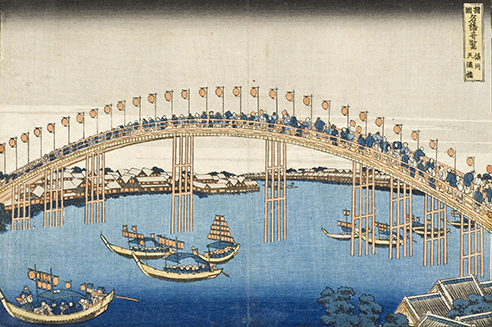Course Descriptions and Schedules
Here you will find information on current and upcoming undergraduate course offerings. We are proud to offer a wide variety of courses on Hawaiian, Pacific, Asian, European, and U.S. History.
Fall 2024
View the online Schedule of Courses
View our History Fall 2024 Course Descriptions DRAFT
Spring 2024
View the online Schedule of Courses
View our History Spring 2024 Course Descriptions
Fall 2023
View the online Schedule of Courses
View our History Fall 2023 Course Descriptions
New and Upcoming Courses
HIST 366: Women in Oceania
Explores historical processes that have impacted indigenous women in Oceania, and women’s engagements with those processes over time. Topics include orality, matrilineality, land and power, art, material culture, third gender identities, exoticism and eroticism, imperialism, world war, nuclear testing, decolonization, migration, and climate change.
HIST 368: Global History of Sport
Explores the relationship between sport and society in historical perspective. It analyzes global processes of imperialism, nationalism, globalization, and international relations, and studies themes such as the politics of race, class, and gender.
HIST 430: Persia, Greece, and Rome in the Classical Age
A historical examination of the interaction between the Achaemenid and Parthian empires of Persia and the classical societies of the Mediterranean, such as the Greek city-states, Macedonia, the Hellenistic and Roman Empires.
HIST 433: Medieval Cultures
Presents the Global Middle Ages as an alternative to the “dark ages” approach to pre-modern Europe seen in isolation. Using an Ethics historiography, the course questions the assumptions underlying this historical concept of the medieval in two ways: first, by examining a counter-narrative of medieval European history as “bright” rather than dark; and second by exploring global interconnectedness in the era 500-1500.

